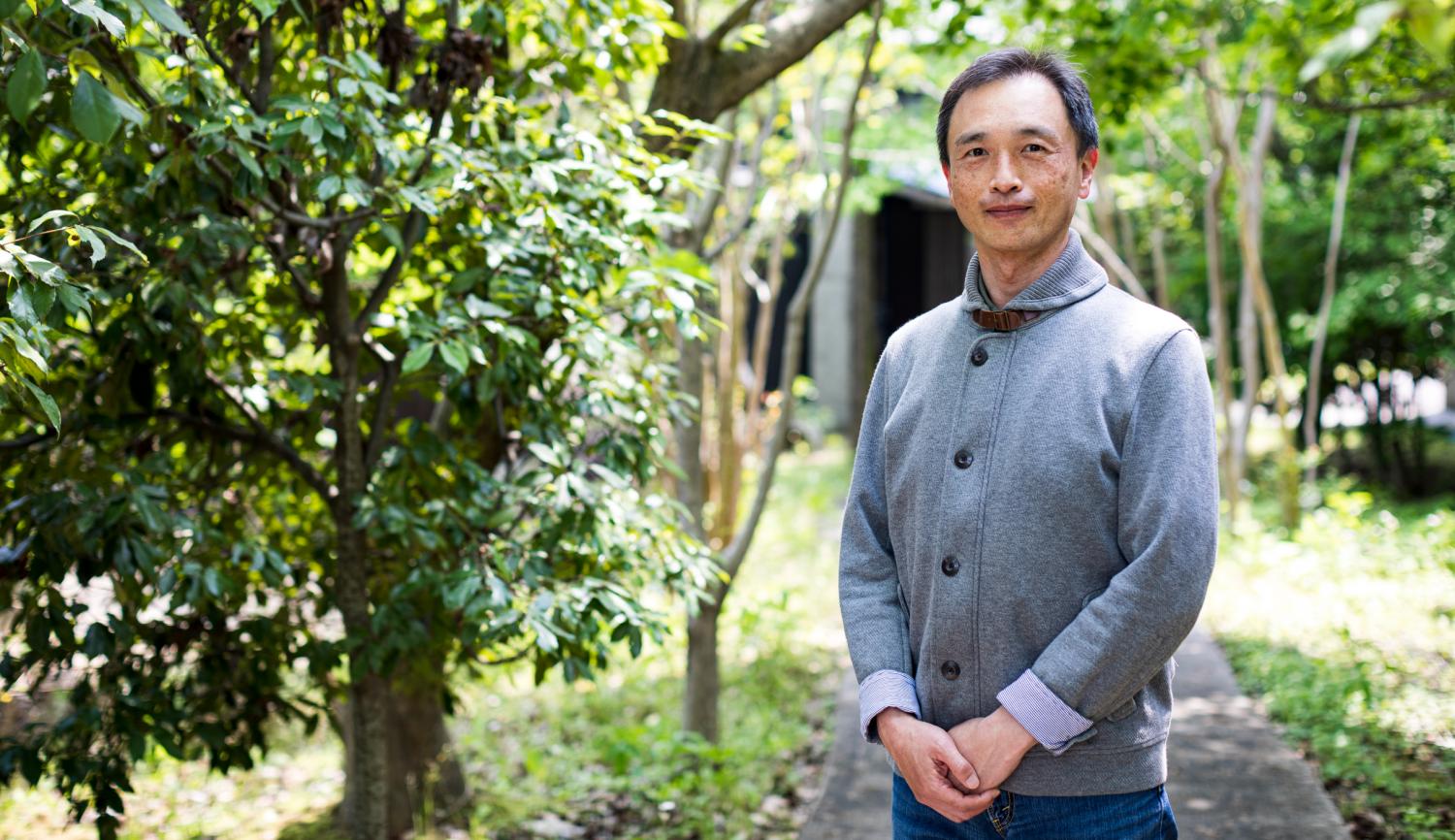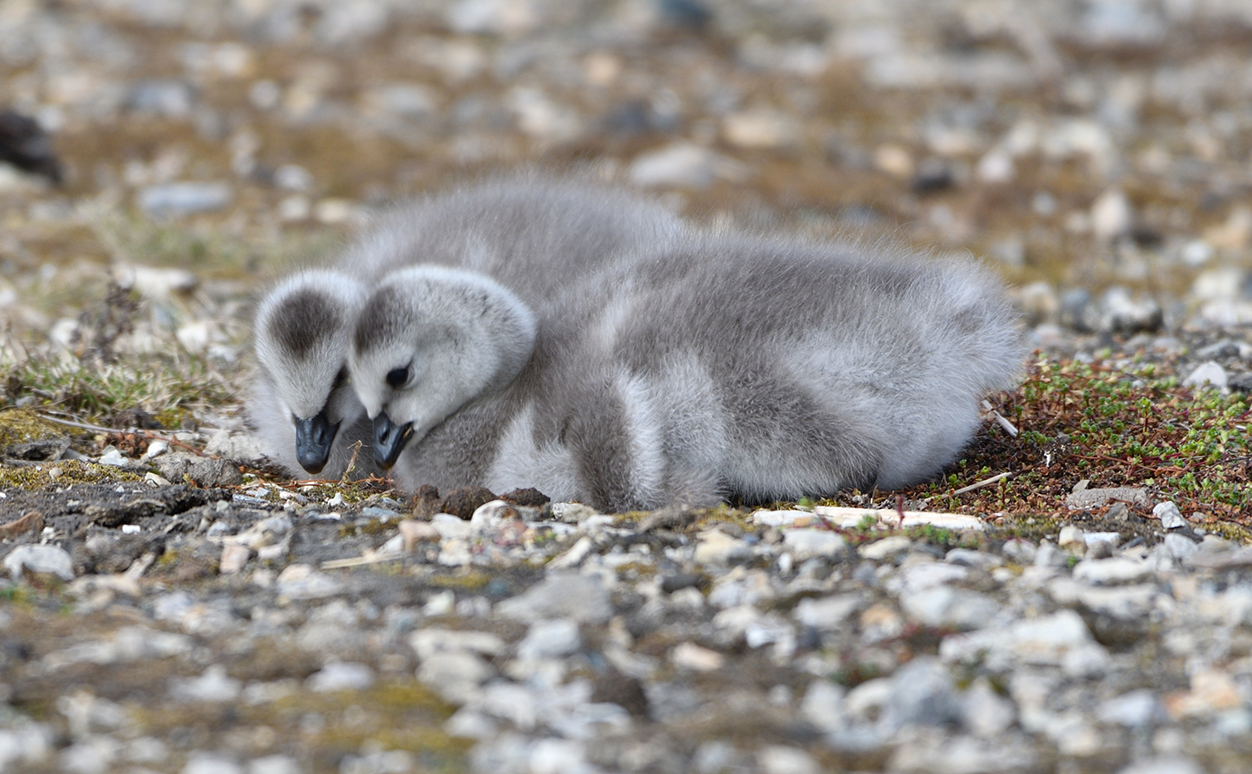
HAYASHI Kentaro
Professor, RIHN
- Related links
Program/Project
Towards Sustainable Nitrogen Use Connecting Human Society and Nature
Position & Title
Professor, RIHN
Area of Expertise
Biogeochemistry,Soil Science
Biography
Kentaro Hayashi is a biogeochemist interested in nitrogen cycling in a variety of terrestrial ecosystems from cropland to polar regions as well as holding comprehensive scientific knowledge for sustainable nitrogen use involving food, industry, and energy production and consumption. Trained at Hokkaido University (M.Eng.) and Tokyo University of Agriculture and Technology (Ph.D.), he was a member of the Pacific Consultants Co., Ltd., National Institute of Advanced Science and Technology, and Institute for Agro-Environmental Sciences, NARO, before his current joint appointment at RIHN. He received the JSSSPN Award from the Japanese Society of Soil Science and Plant Nutrition in 2021.

Q&A
- What kind of research are you doing at RIHN?
- We are working on research to create inter- and trans-disciplinary knowledge for the sustainable use of nitrogen, which is useful as fertilizers and industrial materials, and to design a society that realizes sustainable nitrogen use for future generations. Nitrogen, an essential element to form proteins and DNAs, is a ubiquitous element that consists of 78% of the atmosphere as dinitrogen (N2). However, N2 is inert, and most of living things except some microbes cannot intake N2 directly. What is needed is reactive nitrogen (Nr), a form usable to living organisms. In the early 20th century, the Haber-Bosch process was developed to artificially synthesize ammonia (a species of Nr) from N2. This method allows us to produce chemical fertilizers as desired. Since the 1960s, ammonia production and chemical fertilizer consumption have grown rapidly and continue to this day. Nitrogen fertilizers have improved food production and thereby supported the growing world population. However, much of the Nr input for food production leaks into the environment. Consequently, the Nr lost to the environment cause various type of nitrogen pollution such as global warming, stratospheric ozone depletion, air pollution, water pollution, eutrophication, and acidification those threaten human and natural health. Understanding the nitrogen cycles in both nature and human society, evaluating the impacts of human nitrogen use to the environment, and creating a mechanism to reduce the nitrogen loss to the environment are needed to realize the sustainable nitrogen use.
- Do you have a message you would like to share to people who want to do research at RIHN?
- It is a very important feature of RIHN that it facilitates inter- and trans-disciplinary research with diverse experts, not limited to researchers, working together regardless of disciplines. Nature, society, and culture are intricately intertwined and affect each other in all issues related to human activities, collectively known as the global environmental problems. In order to resolve these issues, individual experts need to deepen their own research and bring their wisdom together to create new integrated knowledge. Your willingness to contribute to solving the global environmental problems is highly respected. Please cherish and keep this mind. Then, I would strongly recommend that you create a specialization that you can rely on. Based on your expertise, please have opportunities to discuss with many people from those in fields close to your expertise to those far distant. There will be new discoveries and you can find seeds of new research. You may face to conflicts and barriers. However, breakthroughs can sprout from such the conflicts. Inter- and trans-disciplinary collaborations are needed to approach a very high goal of resolving the global issues. If you are interested in the sustainable use of food, goods, and energy through our nitrogen use, please contact us. Let us talk together.